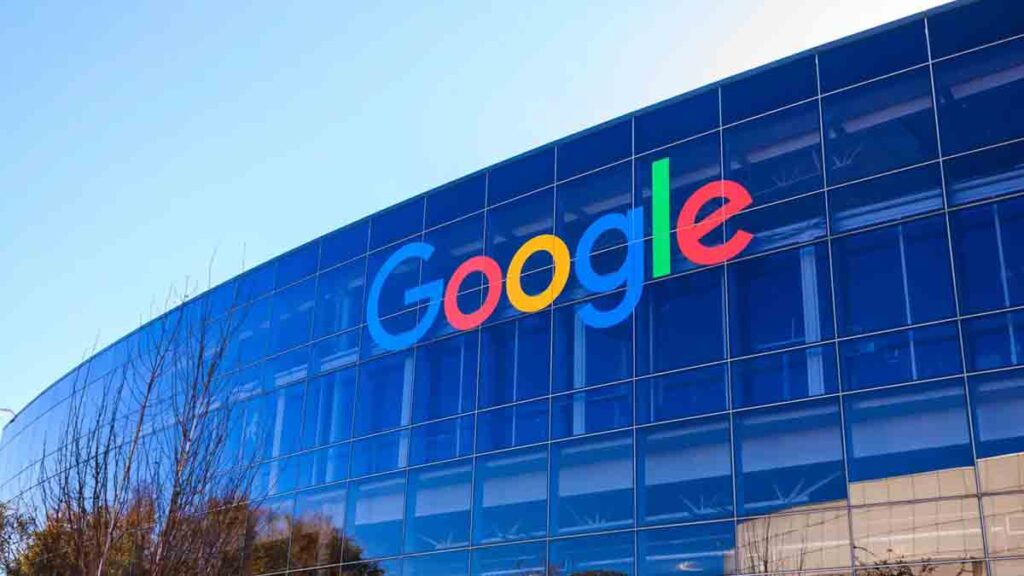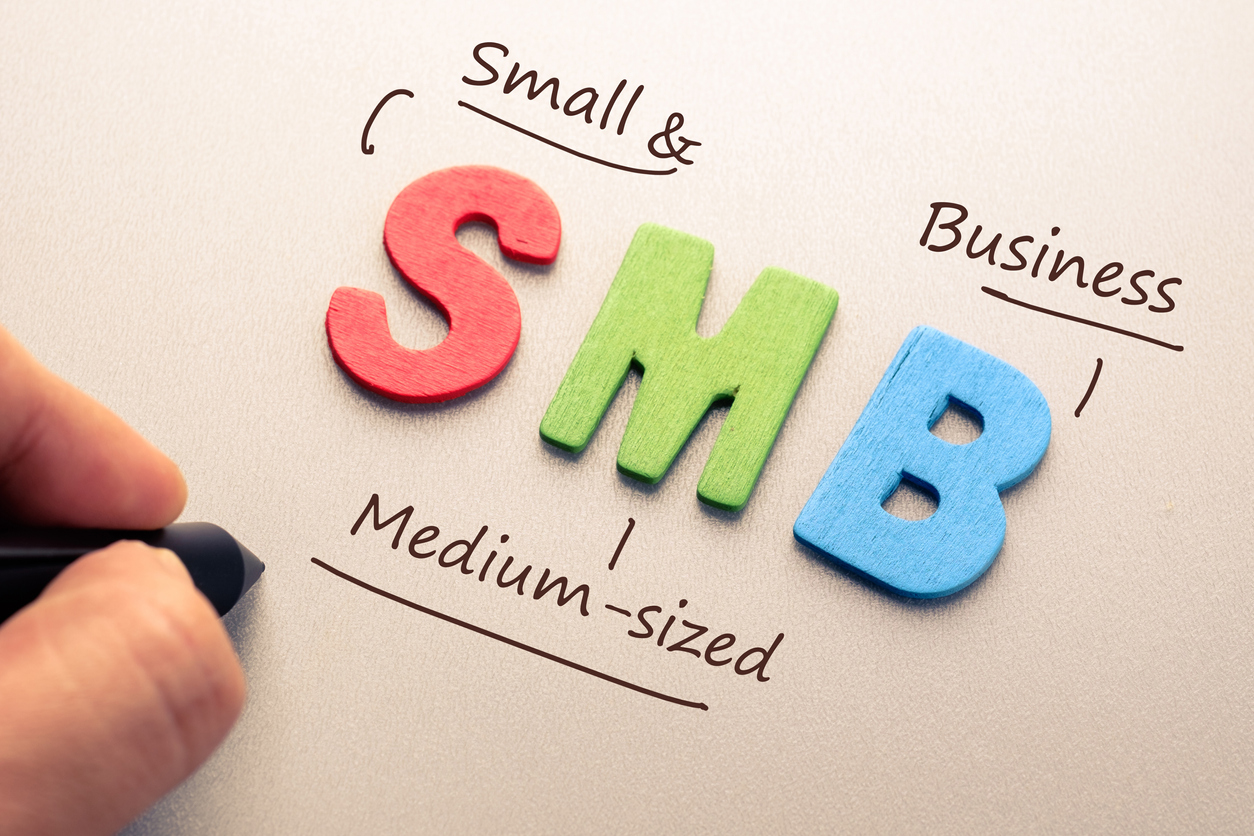
In a significant move, Google has agreed to pay $700 million and loosen its grip on the Android app marketplace, settling a major antitrust lawsuit brought by several U.S. states. The settlement comes as a victory for regulators who have accused Google of unfairly leveraging its dominance in the mobile operating system to stifle competition on the Play Store. However, with ongoing legal battles and industry critics still skeptical, the future of Google’s app empire remains uncertain.
The heart of the dispute revolved around Google’s requirement for developers to use its billing system for in-app purchases within apps downloaded from the Play Store. This forced developers to pay a 30% commission on all transactions, a practice considered anti-competitive and harmful to consumers. The lawsuit argued that Google leveraged its near-monopoly on Android devices to lock out alternative payment systems, raising app prices and limiting consumer choice.
Under the terms of the settlement, Google will loosen its hold on this lucrative in-app purchase ecosystem. Developers will now have the freedom to offer their payment systems alongside Google’s, potentially allowing them to bypass the 30% commission fee. This could lead to lower app prices for consumers and potentially boost revenue for developers.
“This settlement is a major victory for American consumers and app developers,” said Arizona Attorney General Mark Brnovich, a lead prosecutor in the case. “Google’s anti-competitive conduct harmed competition and innovation in the app marketplace. This settlement will restore fairness and give consumers and developers more choices.”
Despite the settlement, several key questions remain unanswered. The deal does not prohibit Google from charging a commission on alternative payment systems, just allowing developers to offer them. It’s unclear how this will play out in practice, and whether developers will be able to pass on any potential savings to consumers.
Furthermore, the settlement only applies to the U.S. Play Store. Google could potentially maintain its current practices internationally, raising concerns about a fragmented, unequal app landscape.
Additionally, the Epic Games vs. Apple lawsuit, which centered on similar accusations of anti-competitive practices within the iOS app store, recently concluded with a mixed verdict. While the judge did not find Apple a monopoly, she agreed on specific anti-competitive practices, setting a precedent for further legal challenges against both Apple and Google.
Finally, critics argue that the $700 million settlement is a mere slap on the wrist for a company of Google’s size and revenue. They believe that larger fines or structural changes are necessary to truly level the playing field and promote fair competition in the app market.
The Google Play Store settlement signifies a step towards a more open and competitive app ecosystem, but the war is far from over. Developers, consumers, and regulators will continue to scrutinize Google’s practices, waiting to see if it truly loosens its grip on the Android app empire or finds new ways to maintain its dominance. The future of mobile software depends on whether this settlement sparks lasting change or merely a temporary truce in an ongoing power struggle.





